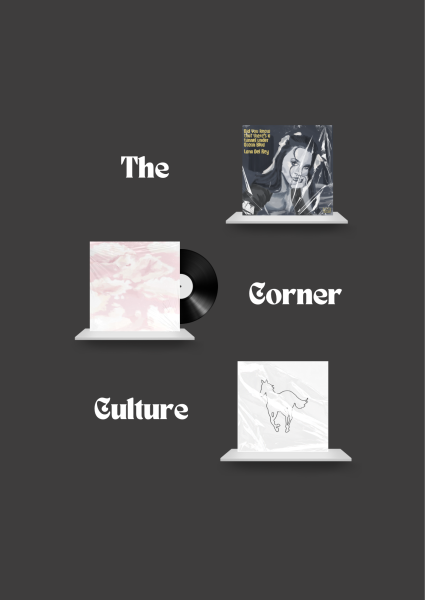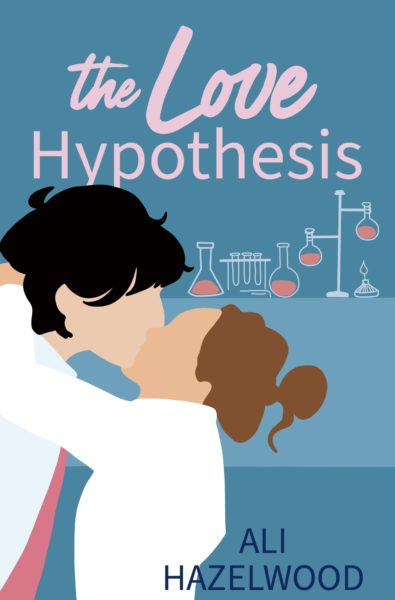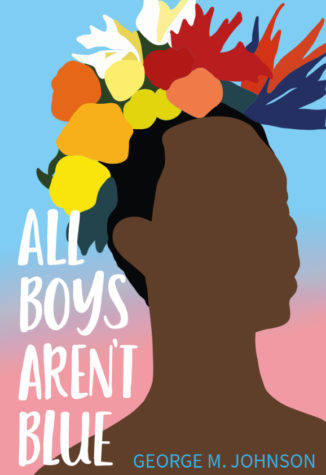Get the grade (or don’t)
March 11, 2014
Recently, I received a 72% on a quiz. I was kind of disappointed because, that’s a C-. But what do those grades actually mean? If we get a 72%, shouldn’t we be happy about it? C is average so I was just barely below average on this quiz, but it seems wrong to think to yourself, “You’re below average. C’s aren’t good enough. Wow you’re stupid.” Grades don’t define your intelligence, they are merely portrayals of you being able to memorize and regurgitate information that’s been told to you.
When you think about it, a 72% means you understood over two thirds of what was taught that section. 72% of the information I was told stuck in my brain and I was able to choose the right answer because of what I learned from that section. I think that is awesome. You should be happy if 50% sticks around! A 50% might be an F, but you learned and retained half of what was taught to you, and that’s slightly amazing. I consider it a good day when I remember what I ate for lunch two hours later, let alone remembering half of what was told to me a week ago. (Note: I am not giving you an excuse to get F’s, just elaborating on my point.)
We often times get a test or quiz back and look straight to where the teacher made corrections. Why do we do that? Maybe it’s because it’s in a different, eye-catching color. But usually it’s because we are looking at our mistakes and wondering what we did wrong. We never focus on what we did right. I never catch myself looking at a problem I got correct and thinking, “Wow. I am really proud of that answer. It was kind of tough, but I got it.” No, instead of praising ourselves for our achievements, we tear ourselves down with our mishaps. The thing is, mistakes shape us. It was a mistake that potato chips were invented and where would we be without our Pringles?
Since when did school become more about pleasing the teacher than learning? “Grades are not an accurate representation of intelligence and potential,” art teacher Daniel Weiss said. “Your transcript is a record of your performance.” When teachers are pleased with your outcome, you get an A, even though you may not have learned anything. “In this building, A’s are handed out like candy,” Weiss said. The system is all backwards.
School shouldn’t be all about the grade. It is, but it shouldn’t be. It should be about what we learn and how we apply it to daily life. When I think back to AP Stats, first off I cringe, but secondly I think of how much I use it. My Pre-Calc class now would be an (even worse) nightmare without my knowledge from AP Stats. I am constantly teaching others how to find certain functions on their calculators that I learned in Stats. Even in Chemistry, when my teacher tells me to “sketch the line of best fit”, I can’t do it without finding the exact linear function for it on my calculator. But while I was in Stats, all I remember is the feeling of wanting to beat my head against the wall because I couldn’t wrap my head around the fact that histograms are just bar graphs for continuous data. I can’t believe it took the entire semester for me to figure that one out.
Our education system is ruining our natural desire to learn. All humans come with a blank memory card and we desperately want to fill it up with information that we find interesting. You may not believe me but we want to learn. It’s just that our education system puts too much stress on us and instead of wanting to learn about all the quite funny historical screw ups, we end up crying on our bedroom floor because we don’t know how to do our homework.
“If a teacher is really good in how they design the performance if outcomes or skills and then assigns grades to deficiencies, proficiencies, and excelling,” Weiss said. “Then [grades] can be very accurate measures.” I’m currently in Weiss’ Photo Art 1 class and during the first week he gave us a half-sheet paper with the question of what we think defines a great photograph. He then took what we told him from those and designed outcome sheets for all our assignments. I love that because I am seriously aiming for what I thought was representative of a great photograph. If other teachers would do that I would be satisfied.
















